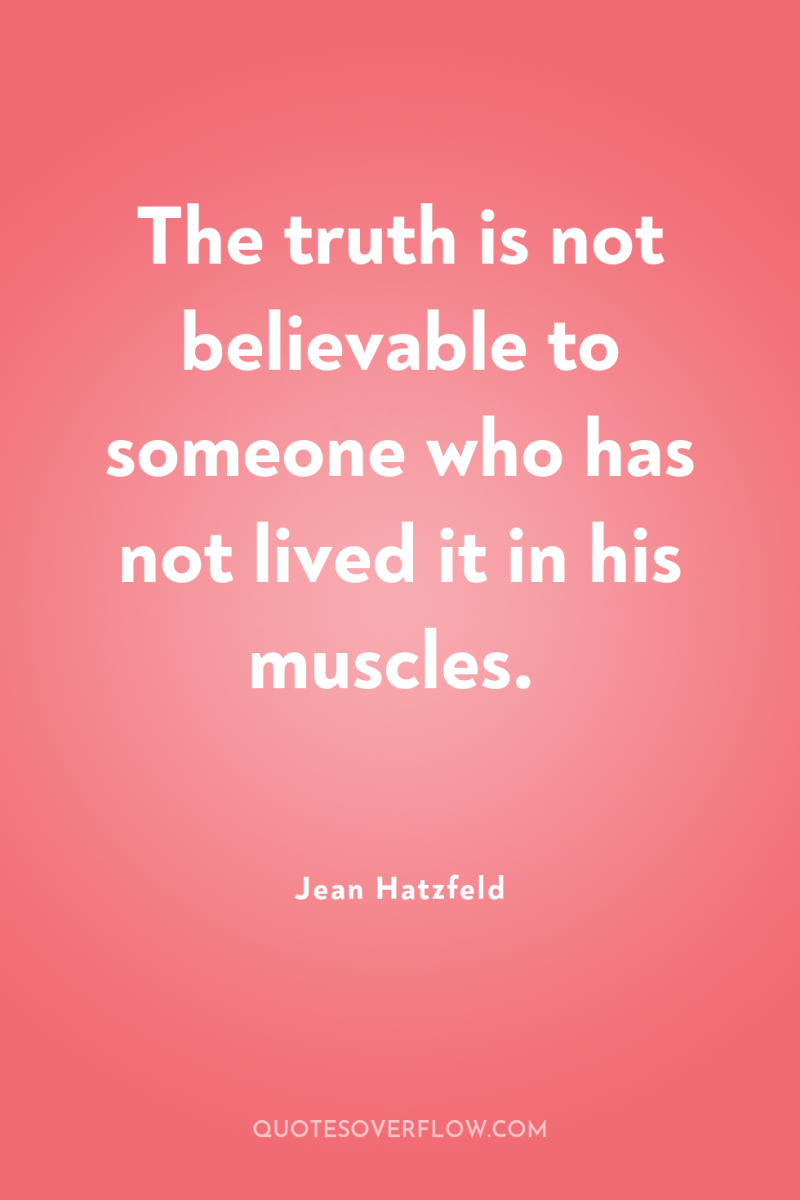
1
The truth is not believable to someone who has not lived it in his muscles.Jean Hatzfeld
2
...and my eyes no longer gaze the same on the face of the world.Jean Hatzfeld
3
George Bush made a mistake when he referred to the Saddam Hussein regime as 'evil.' Every liberal and leftist knows how to titter at such black-and-white moral absolutism. What the president should have done, in the unlikely event that he wanted the support of America's peace-mongers, was to describe a confrontation with Saddam as the 'lesser evil.' This is a term the Left can appreciate. Indeed, 'lesser evil' is part of the essential tactical rhetoric of today's Left, and has been deployed to excuse or overlook the sins of liberal Democrats, from President Clinton's bombing of Sudan to Madeleine Albright's veto of an international rescue for Rwanda when she was U.S. ambassador to the United Nations. Among those longing for nuance, moral relativism–the willingness to use the term evil, when combined with a willingness to make accommodations with it–is the smart thing: so much more sophisticated than 'cowboy' language.Christopher Hitchens
4
Rwanda’s Muslim community is an example of a group (a full community rather than isolated individuals) that resisted the appeal of dangerous speech and other pressures to participate in the genocide. The Muslim community, which had both Hutu and Tutsi members, not only refused to participate in the genocide but actively opposed it. Its actions during the genocide included rescuing, hiding, and taking care of Muslim and non- Muslim Tutsis, and providing safe haven in mosques. Muslims also rejected commands to kill or reveal Tutsis hidden in their communities, on several occasions going so far as to fight back and be killed themselves. .Rachel Hilary Brown
5
The UN lacked the ability to act without the support of its more powerful members, notably the United States. The American government wanted to avoid a repetition of its unsuccessful intervention in Somalia, in which thirty American troops were killed. President Clinton issued a directive on UN military conditions. The operations would also have to be directly relevant to American interests. These conditions excluded American support for UN intervention to stop the genocide [in Rwanda].Jonathan Glover
6
The genocide [in Rwanda] was not a spontaneous eruption of tribal hatred, it was planned by people wanting to keep power. There was a long government-led hat campaign against the Tutsis.Jonathan Glover
7
It always bothers me when I hear Rwanda's genocide described as a product of "ancient tribal hatreds." I think this is an easy way for Westerners to dismiss the whole thing as a regrettable but pointless bloodbath that happens to primitive brown people.Paul Rusesabagina